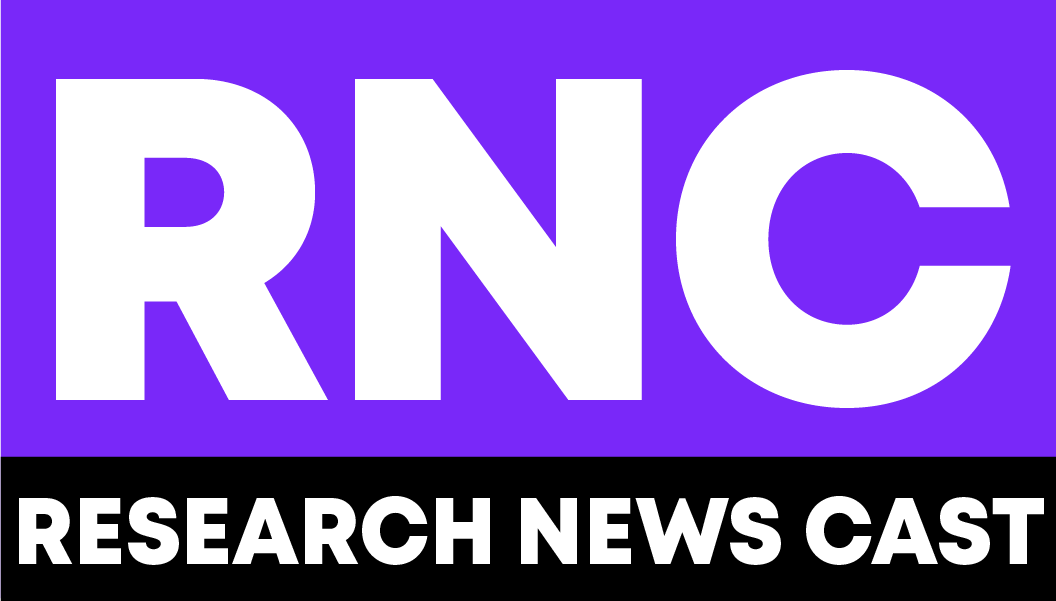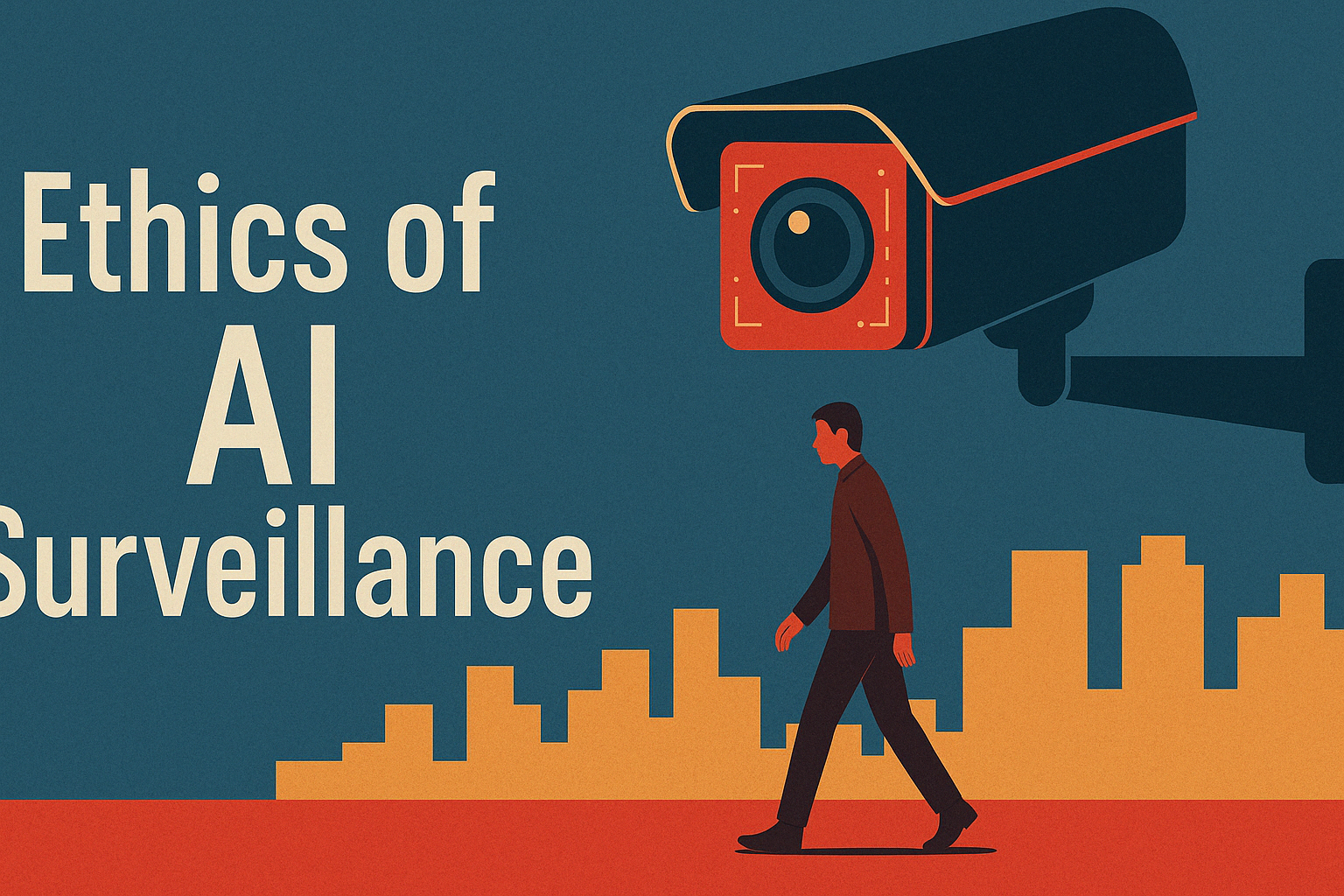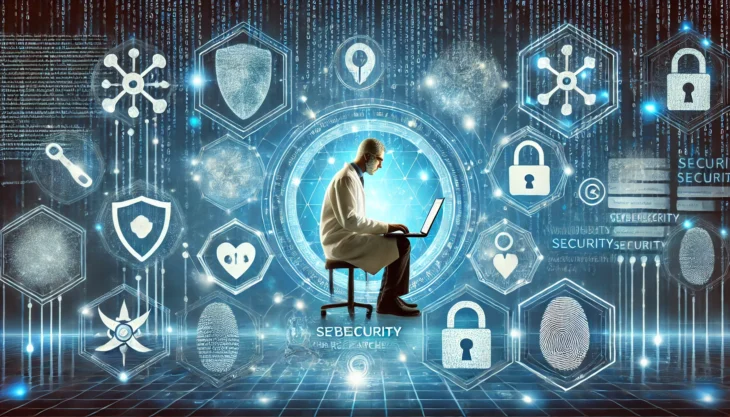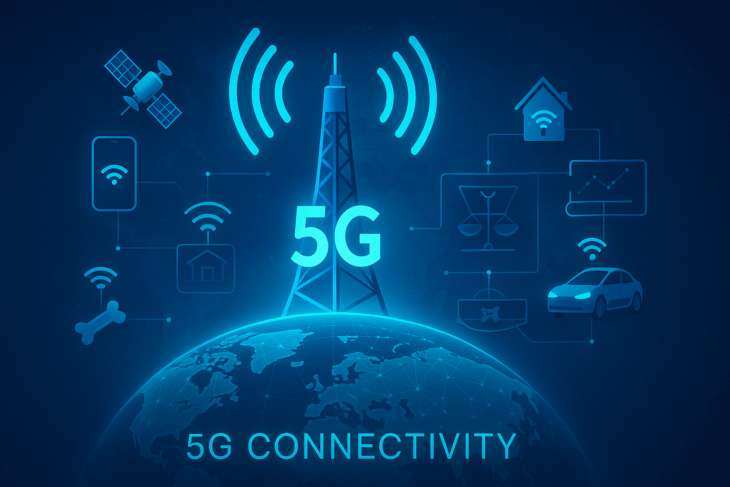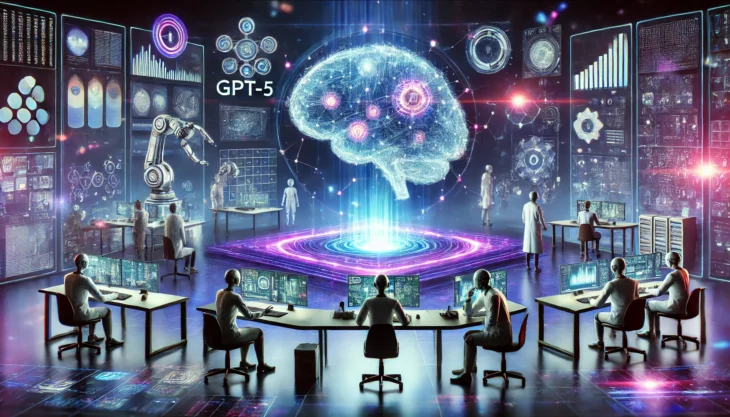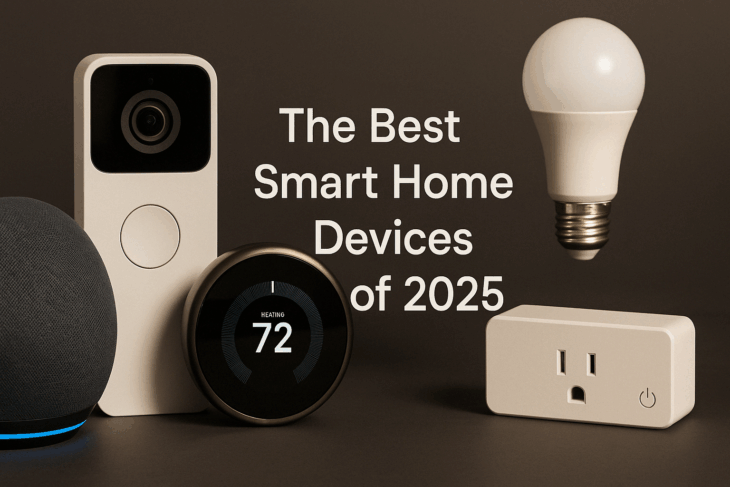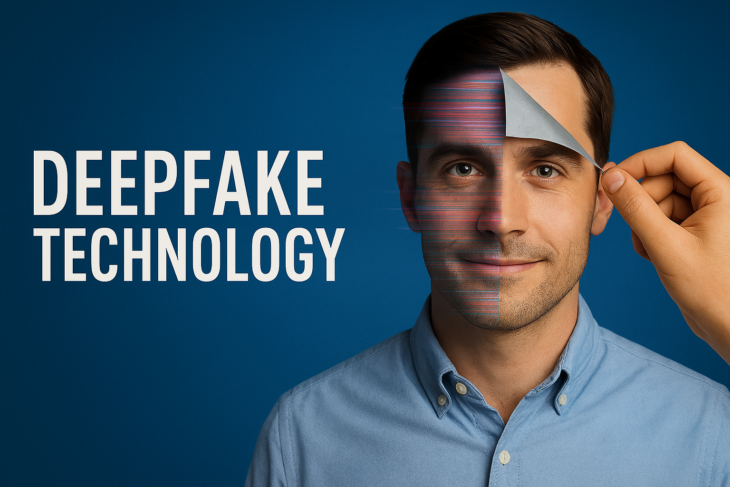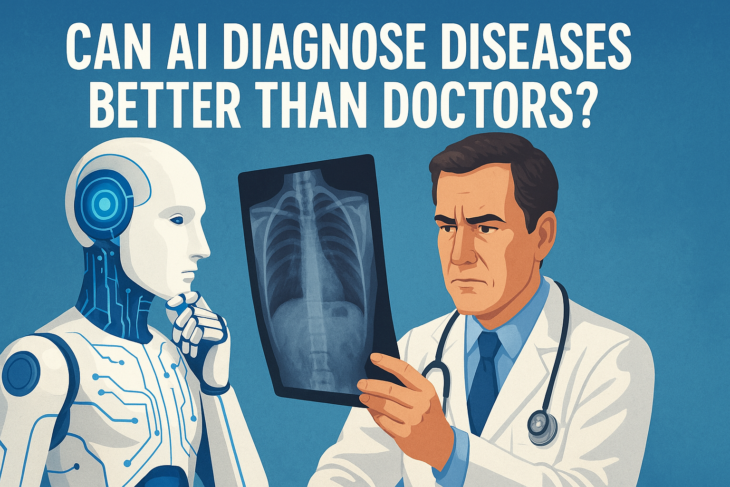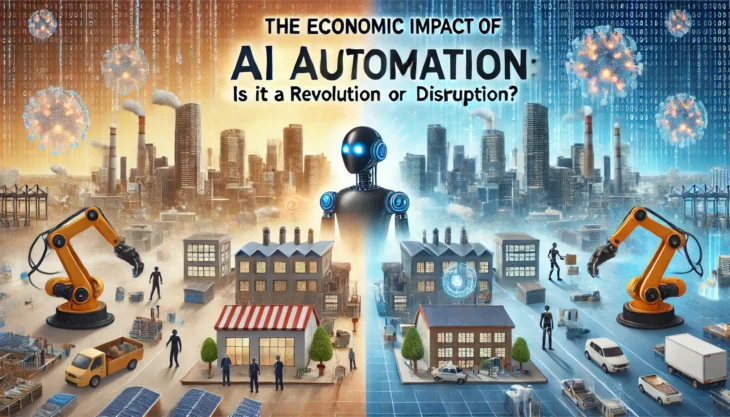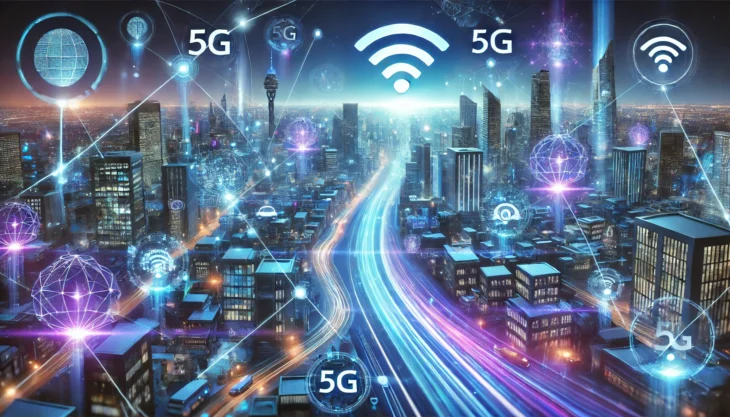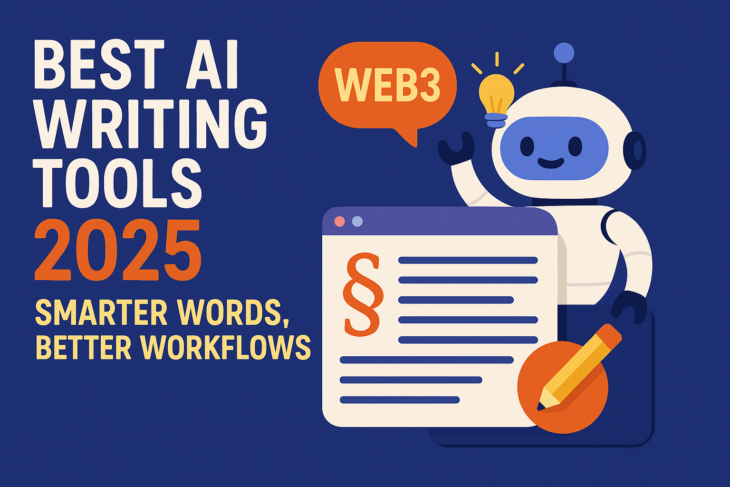You’re walking through a city street. And every camera knows your name. Your face, your walk, even your mood. All recognized, tracked, and logged. Sounds like a scene from a sci-fi movie with a dictator villain? Not anymore. It’s the reality we’re slowly stepping into. All thanks to the rise of AI-powered surveillance. But as this technology grows smarter and more widespread, it brings with it a serious question: Where do we draw the line? Welcome to the complicated world of the ethics of AI surveillance.
A World Under Watch
AI surveillance is everywhere. From smart street cameras in cities to predictive systems in law enforcement and facial recognition at airports. Governments, corporations, and even private homeowners are using it. These tools are powered by artificial intelligence that can analyze vast amounts of data in real-time, helping spot threats or track movements with stunning precision.
Sounds efficient, right? Yes. But it’s also raising red flags across the globe.
Privacy Concerns: Who’s Watching You?
One of the biggest issues tied to AI surveillance is privacy. With so much of our lives already online, having AI track us in the real world feels invasive. We don’t always know when we’re being watched, who’s watching, or what they’re doing with the data.
The scary part? In many places, there’s little to no regulation. That means cameras can record you, algorithms can analyze you, and systems can store your data. All without your clear consent.
And when surveillance becomes constant, it changes behavior. People begin to act differently when they know they’re being watched. That’s not just creepy. It’s a quiet threat to personal freedom.
Government Surveillance: Safety or Control?
Government surveillance is one of the most controversial areas. Officials often argue it’s necessary for national security. In many cases, AI tools have helped solve crimes, prevent attacks, and locate missing persons. But the same tools can also be misused.
In some countries, AI surveillance is being used to monitor political activists, suppress protests, or track ethnic minorities. Without strong oversight, governments can turn smart surveillance into a tool of control instead of protection.
This is where the ethics get muddy. When does surveillance for safety turn into surveillance for power?
Facial Recognition: The Double-Edged Sword
Let’s talk about facial recognition. It’s one of the most powerful AI surveillance tools out there. It can unlock your phone, track people in crowds, or even detect emotions. But it’s not always accurate. Especially when it comes to people of color or marginalized groups.
Several studies have shown high error rates in facial recognition, especially among women and people with darker skin tones. That’s not just a glitch. It’s a serious problem that can lead to false arrests or unfair profiling.
And even when it works, do we really want our faces scanned every time we walk into a store or ride the subway?
The Global Debate
Different countries are reacting in different ways. The European Union is pushing for strict AI regulations and is already restricting the use of facial recognition in public spaces. Meanwhile, some cities in the United States have banned facial recognition technology altogether. On the other hand, some governments are going all-in, building massive networks of AI-powered surveillance systems.
This global divide shows just how complex the ethics of AI surveillance really are. There’s no one-size-fits-all answer. Just a lot of important conversations we need to keep having.
Can AI Surveillance Be Ethical?
Here’s the big question: Is there a way to use AI surveillance ethically?
Yes, but it won’t be easy. It starts with transparency. People should know when they’re being watched and how their data is being used. Consent and oversight must be at the core of any surveillance program. Regulations must be created and enforced. Technology should be tested for bias and held to high standards.
And most importantly, there needs to be accountability. If an AI system makes a wrong call, someone must be responsible.
Final Thoughts
The rise of smart surveillance is changing our world. Fast. It offers powerful tools for safety and efficiency. But also creates serious risks for freedom, privacy, and fairness.
The ethics of AI surveillance isn’t just about machines. It’s about people. About how we treat each other in a digital world that watches us more closely every day. If we want a future that’s both safe and free, we’ll need to keep asking hard questions. And demand better answers.
Because in the end, what matters most isn’t how smart our machines get. It’s how wisely we choose to use them.
